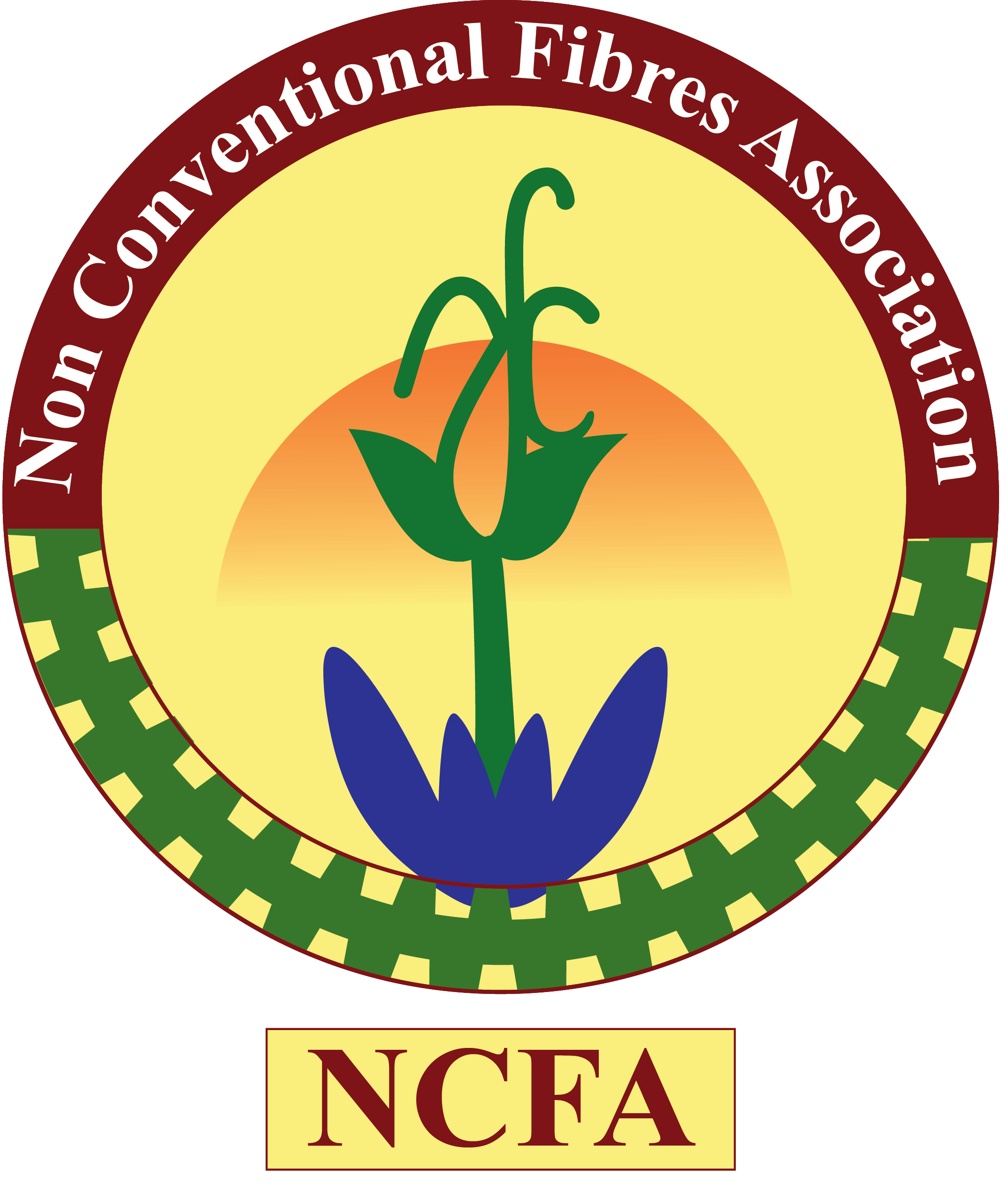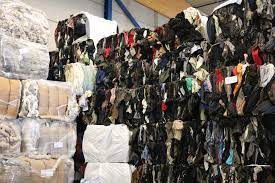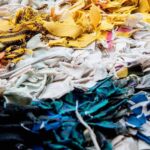EU Life has awarded record-breaking funding of €10m ($10.9m) to support the scaling up of OnceMore, an innovative industrial-scale system for recycling blended textile waste by fibre solutions firm Lenzing Group and Swedish forest industry group Södra.
The ambitious project, OnceMore, is a collaborative effort between Swedish-based Södra and Austria’s Lenzing Group.
The grant, provided through the “EU Life 2022 Circular Economy and Quality of Life” initiative, will be used for the joint venture Life Treats (Textile Recycling in Europe AT Scale).
Södra and Lenzing will leverage their decades of experience, knowledge, and technology to further enhance the unique OnceMore process. Södra’s OnceMore process offers a practical solution for achieving circularity in the textile industry, while Lenzing is a global provider of speciality fibres for the textile and nonwoven sectors.
Revolutionising Textile Recycling
The Life Treats project encompasses the scaling up of the OnceMore process at Södra’s mill in Mörrum, Sweden, as well as joint process development efforts. The proposed plant will combine 50 per cent recycled content with 50 per cent renewable wood sourced from sustainable family forestry in Sweden. It will have the capacity to process 50,000 tonnes per year of post-consumer textile waste, comprising various colours and materials, ultimately yielding 60,000 tons per year of textile pulp. Lenzing says its expertise in recycling will play a pivotal role in this endeavour.
The innovative solution developed by Södra and Lenzing will allow for the efficient handling of a diverse range of complex post-consumer-coloured textiles, including cotton, polyester, and other components like elastane. The project is scheduled to commence in the third quarter of 2023 and will span four years. The EU Climate, Infrastructure, and Environment Executive Agency (CINEA) will administer the LIFE programme.
Addressing The Challenge Of Textile Waste
Södra reports that the European Union discards 5.8 million tonnes of textiles each year, equivalent to 11 kilograms per person, textile waste has become a pressing environmental concern. Moreover, consumption is projected to surge by 60 per cent by 2030 compared to present levels.
Åsa Degerman, manager of OnceMore at Södra, highlighted the urgency of the situation: “Today only one percent of the world’s textile waste is recycled, putting an enormous burden on the environment. With the help of this significant funding, Södra and Lenzing are ready to provide one of the main solutions in terms of chemical recycling and become the enabler for the circular textile economy.”
Sonja Zak, head of textile sourcing and cooperations at Lenzing Group, highlighted the innovative nature of the Life Treats project, stating: “As the first project of its kind at large scale, Life Treats will open new circular business opportunities and increase the proportion of recycled fibres used in new clothing.”
Contributing To The EU Circular Economy Action Plan
The project is poised to make a substantial contribution to the EU Circular Economy Action Plan by diverting large volumes of coloured, blended textile waste away from downcycling, landfill, or incineration. Stakeholders across the textile circular value chain, spanning from raw materials to manufacturing, distribution, collection, and recycling, will be actively involved.
Zak said: “Addressing the textile waste problem requires a systematic approach alongside industrial-scale technological solutions. The Life Treats project, therefore, seeks an integrated approach to enable real change and reduce the textile industry’s adverse environmental and social effects in the EU and beyond.”
Degerman touched on the evolving landscape of textile waste management and added: “While highly developed systems exist within Europe for collection and sorting of used textiles, these are mainly dedicated to the second-hand business. Upcoming legislation such as the EU’s Waste Framework Directive, Extended User Responsibility, the decline in second-hand export markets, and an observed reduction in the quality of collected textiles, point to significant changes in the textile-waste handling environment.”
Commitment To Waste Hierarchy
Södra and Lenzing say they are committed to adhering to the waste hierarchy in their sourcing practices. They will exclusively focus on textiles that cannot be reused in any other manner, thereby giving these fibre resources a high-quality second life and preventing downcycling, landfill, or incineration.
Lenzing Group recently introduced a processing solution that mitigates the yellowing of garments and fabrics made with wood-based cellulosic fibres during high-temperature production processes.





